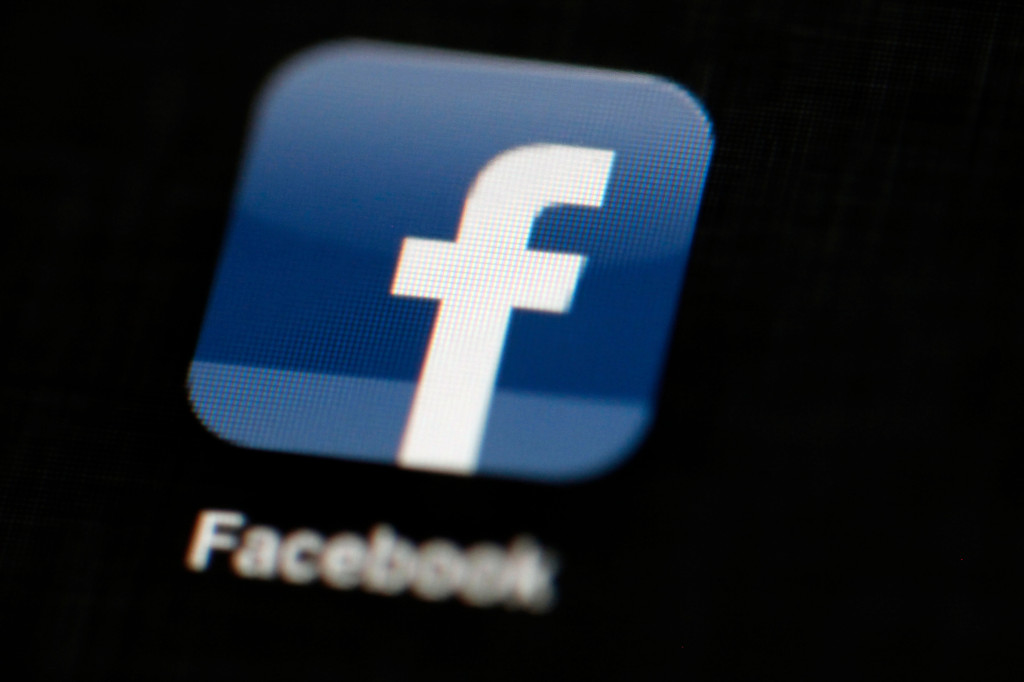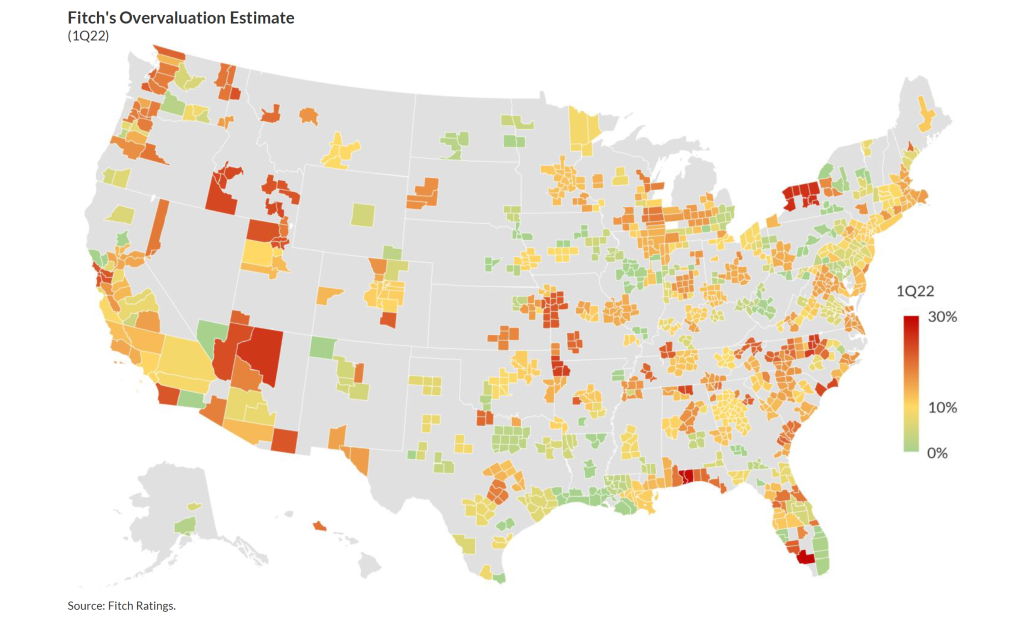Amid a heated nation-wide controversy over deceptive election-related posts on social media, Bay Area tech giants Facebook and Twitter are allowing a conservative group’s claim about “dirty voting rolls” to remain up, despite a Republican state official saying the claim is false and the group’s president admitting he used old data.
The group, Judicial Watch, on Monday posted on Facebook and Twitter an assertion that eight Iowa counties had more people registered to vote than were eligible to vote. The claim was amplified on Twitter by Fox TV host Sean Hannity, a close confidant of President Donald Trump. In its postings, Judicial Watch quoted its president Tom Fitton saying, “Dirty voting rolls can mean dirty elections.”
Iowa’s Secretary of State, Republican Paul Pate, issued a statement attacking the Judicial Watch claim, made on the day of Iowa’s Democratic caucuses. “Their data regarding Iowa is deeply flawed and their false claims erode voter confidence in elections,” Pate said. “They should stop this misinformation campaign immediately.”
Pate pointed to the state’s voter registration data, saying it showed the numbers presented by Judicial Watch were “patently false.”
Fitton admitted in an interview that he “used older statistics and census numbers to reach his conclusion,” the Associated Press reported. Judicial Watch did not respond to this news organization’s requests for comment. Its posts were still on Twitter and Facebook as of Wednesday afternoon.
A Twitter spokesperson said the Judicial Watch tweet was “not in violation of our election integrity policy as it does not suppress voter turnout or mislead people about when, where, or how to vote.” Twitter last year banned political advertising on its platform.
Facebook, which controversially allows politicians to lie in political ads, did not provide a response to this news organization’s inquiry about the Judicial Watch post. Facebook’s director of product management has said the firm does not fact-check political ads for truthfulness and that those ads should be regulated by the federal government, not social media companies.
Both Twitter and Facebook were found to have hosted Russian misinformation intended to benefit then-candidate Trump in the run-up to the 2016 election, according to a report prepared for the U.S. Senate Intelligence Committee.










